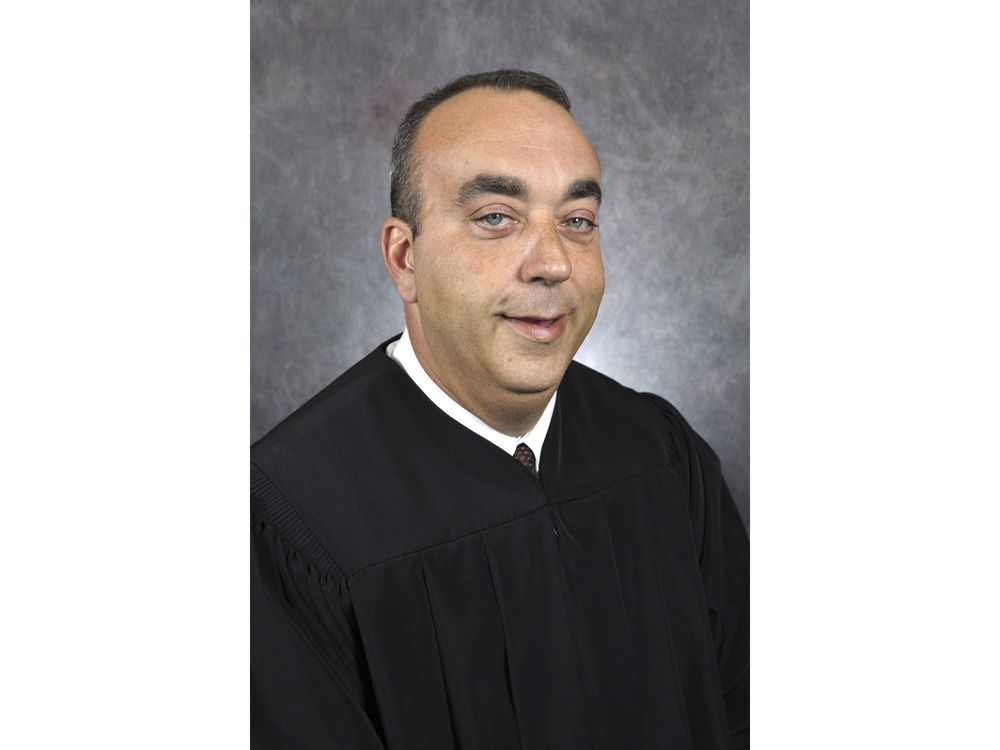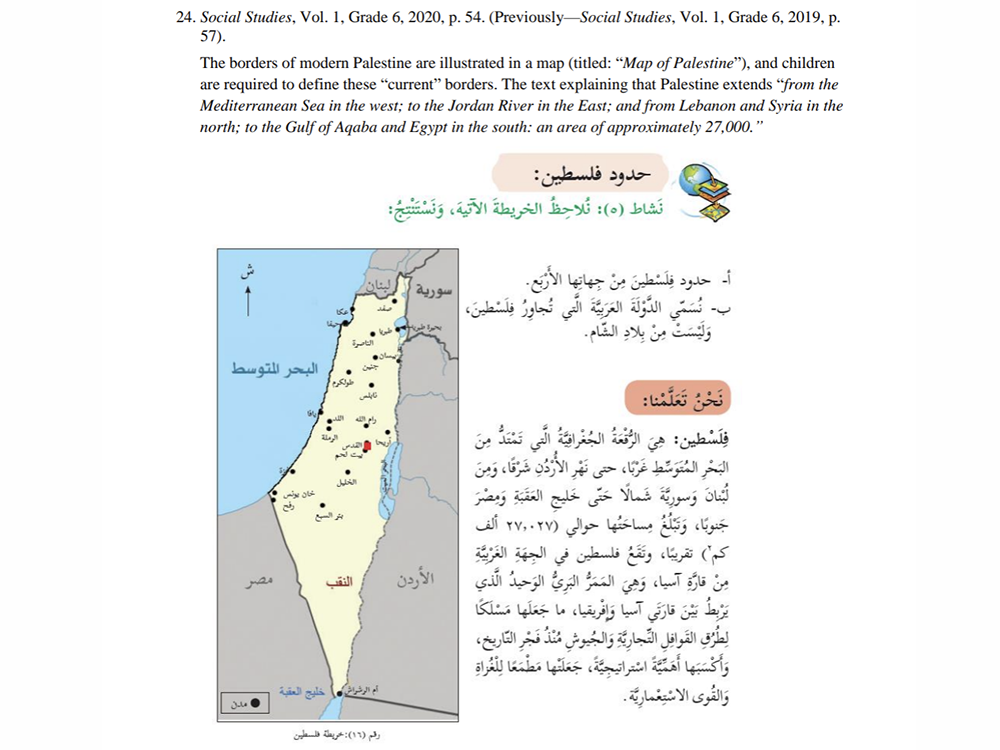Inventing trouble where there isn’t any seems to be a consistent habit under this government
Get the latest from Jamie Sarkonak straight to your inbox
Published Sep 20, 2024 • Last updated 0 minutes ago • 4 minute read

Don’t say “person with special needs”; say “person who requires supports.” Don’t say “non-verbal”; say “person who does not use words or signs.” And absolutely do not say “normal” or “able-bodied”; say “person without a disability.”
These are some of the new rules the public servants at Employment and Social Development Canada released in September to make English speakers less offensive when they talk about disabilities, or in there words “to support the federal public service and all Canadians to communicate accurately and confidently.” Only, many of these rules grasp at straws, smearing everyday, widely understood phrases as sinister.
Advertisement 2
THIS CONTENT IS RESERVED FOR SUBSCRIBERS
Enjoy the latest local, national and international news.
- Exclusive articles by Conrad Black, Barbara Kay and others. Plus, special edition NP Platformed and First Reading newsletters and virtual events.
- Unlimited online access to National Post and 15 news sites with one account.
- National Post ePaper, an electronic replica of the print edition to view on any device, share and comment on.
- Daily puzzles including the New York Times Crossword.
- Support local journalism.
SUBSCRIBE FOR MORE ARTICLES
Enjoy the latest local, national and international news.
- Exclusive articles by Conrad Black, Barbara Kay and others. Plus, special edition NP Platformed and First Reading newsletters and virtual events.
- Unlimited online access to National Post and 15 news sites with one account.
- National Post ePaper, an electronic replica of the print edition to view on any device, share and comment on.
- Daily puzzles including the New York Times Crossword.
- Support local journalism.
REGISTER / SIGN IN TO UNLOCK MORE ARTICLES
Create an account or sign in to continue with your reading experience.
- Access articles from across Canada with one account.
- Share your thoughts and join the conversation in the comments.
- Enjoy additional articles per month.
- Get email updates from your favourite authors.
Article content
Accordingly, I’m going to have to disagree with our language police in Ottawa. “Special needs,” “non-verbal” and “able-bodied” are well-recognized terms that, in few words, communicate a certain condition without being offensive. They can be twisted to offend and insult, sure, but they’re not objectively cruel terms deserving of sanction. Why create problems where there are none?
Inventing trouble where there isn’t any seems to be a consistent habit under this government, which has gone all-out on “inclusion.” The most extreme measures have been taken on the fronts of race and gender, but the politics of disability have been impacted just as well. See the language guide: its first version was created around 2017, and it targeted primarily media, oddly trying to tell reporters what to say and how to say it. Its newest rendition targets the public service instead, with a list of blacklisted terms.
Only, this government-approved language guide on disability isn’t exactly useful: much of it is too lengthy and euphemistic to be useful in actual human communication. I mean, come on, who actually says “person with a mental health disability” in their daily life? Maybe you’re depressed, maybe you have anxiety, maybe he’s schizophrenic, maybe she’s severely mentally ill — whatever it is, we shouldn’t need to expend 12 syllables getting the point across.
By signing up you consent to receive the above newsletter from Postmedia Network Inc.
Article content
Advertisement 3
Article content
Other terms ruled out by our dear government include “caretaker” (you’re to call them “support persons”), “wheelchair-bound” (they are now “people who use wheelchairs”), “hard of hearing” (they’re called “people with hearing loss”) and “dwarf” (they are “people of short stature”). More words, more syllables — all to say the same thing, sometimes with less specificity.
We aren’t even supposed to communicate degrees of disability without sanitizing our words with bleach first. “Severely disabled” is thus a no-go now; instead, it’s “person with a high need for support” — a term that could just as easily refer to a newborn, a drug addict on the street, a mourning widow or a person going through cancer treatment. Not a very useful phrase.
Our government even has the gall to nitpick new terms concerning autism: do not call them “high-functioning autistics,” but rather “autistic people with low support needs.” As if it wasn’t bad enough to shift the social rules for a group most disadvantaged by constantly-shifting social rules, the employment department added the following:
Advertisement 4
Article content
“Note that Canadians on the autism spectrum have different opinions and preferences on language. Many autistic Canadians prefer identity-first language. Others prefer person-first language. Others prefer to use the terms ‘autism spectrum condition,’ or ‘on the autism spectrum.’ Also, some people have different preferences in terms of capitalization (‘Autism’ or ‘autism’). If you’re not sure, ask the person to tell you which terms they prefer.”
Recommended from Editorial
-

Geoff Russ: The Liberals are being consumed by the diaspora politics they nurtured
-

Jamie Sarkonak: Not even Canada's space program can escape the pull of Liberal DEI
In other words: the rule is that there are no rules. The opposite of useful — especially for the high-functioning/low-support-needing autistic government employees looking to the rules for genuine guidance.
The few snippets of good advice should get an honourable mention: “cripple” was advised against, which makes sense, as was “mentally retarded,” which long ago transitioned from acceptable to slur. These words shouldn’t be used in government literature and similar-styled technical writing, but they’re lost in the fray of bad advice.
Advertisement 5
Article content
Communication guides aren’t supposed to be this ridiculous. In theory, they’re supposed to help get points across clearly while ruling out objectively outdated language that might unintentionally be used by employees on the naïve side, or those who picked up English as a second language — people who don’t, for whatever reason, know that certain words aren’t appropriate for work.
Cast the net for offensive language so wide that basic vocabulary is off the table renders the whole project useless, and sows the seeds for miscommunication and scandal later on. Indeed, that’s exactly what happened with the launch of this new language guide last week: observers were immediately offended at the guide’s suggestion that disabilities shouldn’t be mentioned in writing if disabilities aren’t relevant to said writing, resulting in the government issuing an apology for causing offence last Wednesday.
It’s exactly what you’d expect from government communications geniuses steeped in far too much workplace inclusion training: a busybody project far too detached from regular Canadian parlance to be of any use. Yet another wondrous waste of state capacity at the hands of Employment Minister Randy Boissonnault. You’d think he could run a department with more efficiency, considering his recent, perhaps concurrent, private sector experience.
I’m certainly not about to take linguistic direction from a handful of government workers who figure “caretaker” is an insult. If this is the best they can come up with, that’s yet another sign that downsizing is in order.
National Post
Article content
Get the latest from Jamie Sarkonak straight to your inbox
.png)
 2 hours ago
6
2 hours ago
6



































 Bengali (BD) ·
Bengali (BD) ·  English (US) ·
English (US) ·